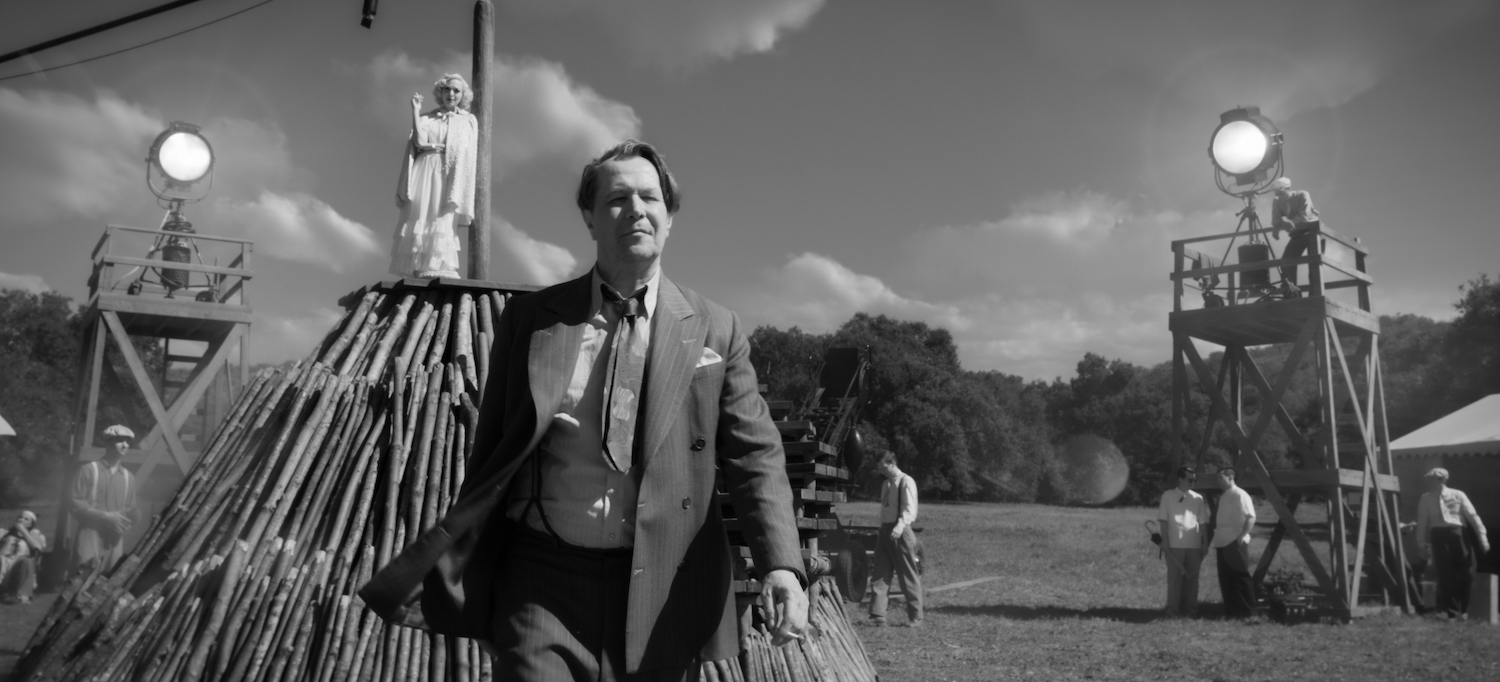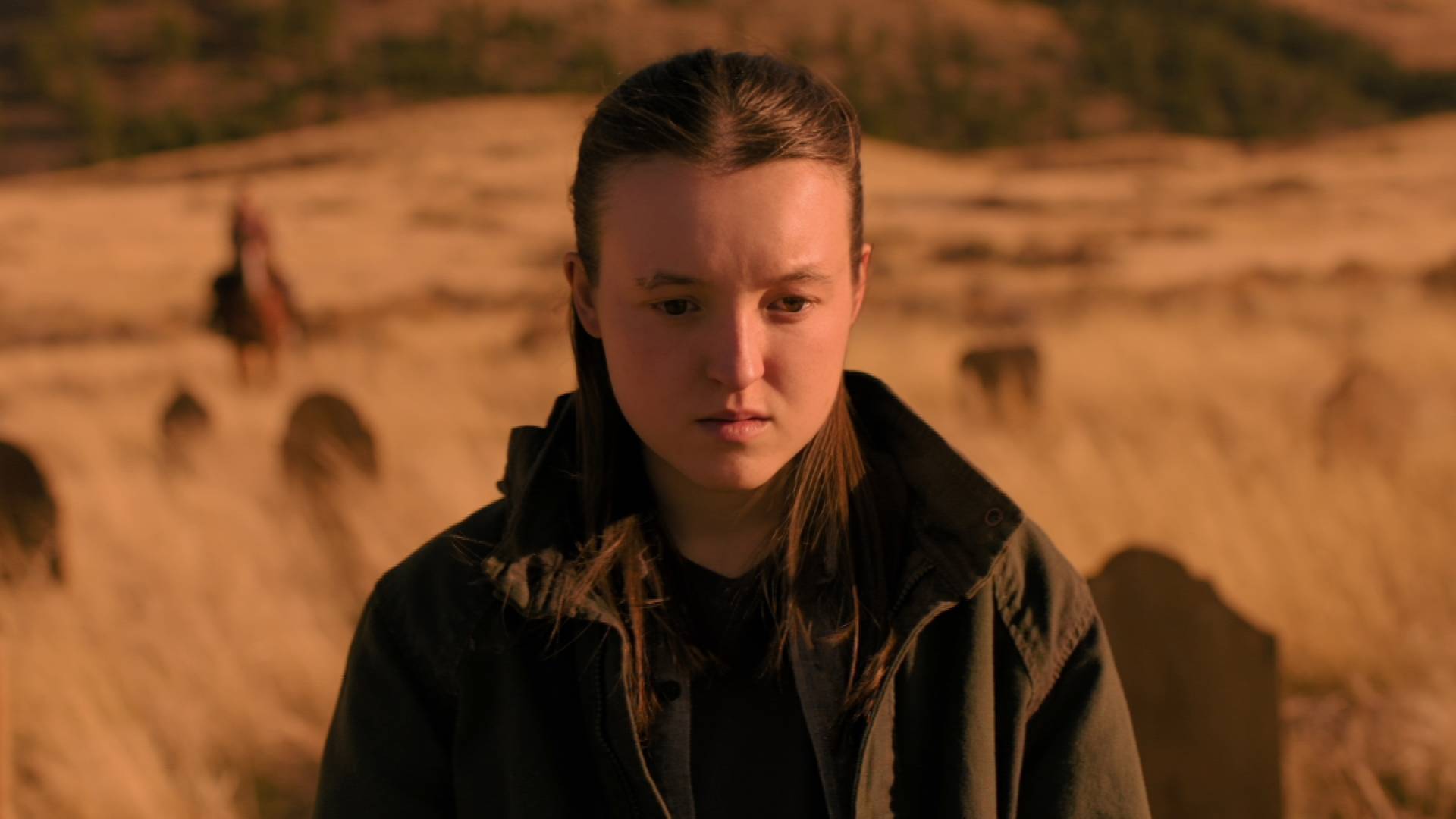What to Watch Verdict
Fincher's craftsmanship perfectly recreates the look, feel and sound of Hollywood's Golden Age, but his story lacks an essential oomph.
Pros
- +
🍸 Oldman's performance as the alcoholic, self-destructive screenwriter may soon join the ranks of Hollywood's greatest drunks.
- +
🍸 Amanda Seyfried gives a career-best performance as Marion Davies, a media mogul's mistress with more sense than she lets on.
- +
🍸 Trent Reznor and Atticus Ross' score using only period instruments conjures an ideal musical backdrop for Fincher's time-capsule tale.
Cons
- -
🍸 Fincher's meticulous craftsmanship keeps the storytelling in a vise grip that keeps it from fully coming to life.
The story of making Mank is almost as epic as the story it tells: David Fincher’s father Jack wrote the script in the 1990s for his son to direct after The Game, but Fincher’s insistence on shooting in black and white prevented it from getting made. After Jack passed in 2003, the project languished until David resuscitated it and convinced Netflix, fast becoming a haven for cinephile filmmakers with unfinished pet projects, to bankroll it. But after two decades and countless impediments, I’m not sure if the end result feels like the exhilarating fulfillment of a long-delayed vision, or an exercise in style that exists more to be admired than cared deeply about.
Built on Fincher’s peerless craftsmanship and bolstered by a performance by Gary Oldman in what feels destined to earn the distinction as one of cinema’s great drunk raconteurs, Mank sizzles most when it marries the rhythms of quick-witted screwball comedies with a keen and merciless eye for social commentary. But even if the film’s enduring impact has yet to be fully recognized — not unlike Citizen Kane, the film whose making it revolves around — Fincher’s meticulous and increasingly joyless disposition as a filmmaker and storyteller quietly lets the air out of this inside-baseball tale before its emotional weight has an opportunity to pop with the impact that it should.
Based on the true story — or at least a compelling dramatization of actual events — Oldman plays Herman Mankiewicz, a washed-up, alcoholic screenwriter hired by Orson Welles (Tom Burke) to write the young former radio and theater star’s first film. Holed up in a cabin to recover from an automobile accident, Mank is aided by a humorless trancriptionist Rita Alexander (Lily Collins) and a more accommodating nursemaid Fraulein Freda (Monika Grossman) to complete his work, with Welles’ colleague John Houseman (Sam Troughton) checking in regularly to keep him on track. In between bursts of productivity and extended benders to alleviate his pain (and satisfy his addiction), Mank reflects on his relationship with media magnate and businessman William Randolph Hearst (Charles Dance) and especially Hearst’s mistress Marion Davies (Amanda Seyfried), whose exploits form the backbone of the supposedly-fictional story that he’s trying to tell.
As Mank’s relationship with the powerful couple evolves, so does his status in Hollywood, particularly at MGM where he clashes with no-nonsense production head Irving Thalberg (Ferdinand Kingsley) and especially with studio chief Louis B. Mayer (Arliss Howard), whose political affiliations and loyalty to Hearst increasingly undercut his career prospects. But as pressure mounts for Mank to disavow the project — if only to maintain his friendships with Hearst and Davies, much less preserve what’s left of his ailing career — the screenwriter begins to recognize that his script for Citizen Kane may be the best thing he’s written, and he must fight to receive credit, consequences be damned.
If a reported polish by Eric Roth (The Curious Case of Benjamin Button) mitigated the original script’s portrait of Welles in opposition to Mankiewicz, the elder Fincher’s vision doesn’t quite paint the screenwriter’s life with a hagiographer’s brush but it does depict him as a genius whose intelligence proved as self-destructive as it was mercilessly incisive. In a way this is itself a classic Hollywood trope — the great man who cannot get out of his own way — and Fincher’s guidance of Oldman’s performance leads the audience to that irrefutable conclusion, building to Citizen Kane’s sole Oscar win for Best Screenplay. What’s perhaps less known about The Greatest Film Ever Made is the relationships and the access that Mankiewicz had to the people who would become his subjects for the script and the fearlessness and yet self-awareness with which he embarked on this historic endeavor. (At one point Mank says to Davies, “if this gets made, I hope you’ll forgive me,” and she replies, “and if it doesn’t, I hope you’ll forgive me.”)
The film shows much more than just the tap-tapping of keys and the furrowed-brow creativity that transformed Mank’s life experience into the guts of Welles’ directorial debut. Indeed, his transcriptionist Rita is among the first in this story to learn about his loyalties to proletariat causes (and individuals), and his deep-rooted contempt for the privileged gatekeepers he rubs elbows with — even though they afford him a similarly privileged lifestyle. It’s through his eyes we watch Mayer appeal to the employees to take severe pay cuts to keep the studio afloat, without taking them himself, and then later, to watch the studio manufacture propaganda to support Mayer’s political allies. Particularly via Arliss Howard’s performance as the studio chief, it’s hard not to see echoes of politicians-turned-attack dogs like Rudy Giuliani in Mayer, barking at his powerful friends’ opponents and rallying around fearmongering buzz words to replenish their power and wealth in a postwar landscape (while also ignoring much more significant threats on the horizon).
Watching Mankiewicz speak truth to power feels deeply satisfying, especially with the weight and precision of the screenwriter’s wit and insights. But as time passes and the film moves forward both in the “past” of Mank’s relationship with Hearst and Davies and the “present” of his battle to complete and retain credit for Citizen Kane, his instinct to blow up his own success — and the cumulative effect of his ongoing drinking problems — becomes a dirge that the silver lining of his eventual success cannot quite contain. And perhaps that’s the point: the complexities of Mankiewicz’ life and their similarities to power relationships in our current political climate can’t easily be compartmentalized, contained, even evaluated. But by the time Mank is drunkenly holding court at a Hearst costume party as guests flee one by one, believing he’s indicting Hearst and his cabal but really just criticizing the bottom of a shoe he and his career are about to be crushed by, his achievement — and his moral rightness — has lost some of its weight.
Fincher’s use of black and white conjures a vivid sense of Hollywood’s Golden Age, echoing techniques and shots from Citizen Kane and the hallmarks of filmmaking from that era. But working with his Mindhunter cinematographer Erik Messerschmidt, Fincher’s delivery of one gloomy scene after another may not play on the small screen the way that it might had this film been shot for (or maybe just stayed in) actual theaters. There’s something fun and nerdy about watching Fincher use those old techniques to tell a new story — a similar test Steven Soderbergh gave himself on The Good German — but the overall look is more muddy and melancholy than it seems like it should, and may prove to be an issue with curious viewers intrigued by Fincher’s name but unfamiliar with his story.
That said, Oldman and Seyfried keep this story alive with a repartee, and a constant sense of amusement, that again evokes the period of filmmaking in which this story is set; both of their performances contain an energy and a life that makes its history feel more alive and academic. Moreover, Fincher’s casting choices — which include mostly smaller names and unknowns — give the characterizations a sense of “accuracy,” a feeling that this is who these people were, and how they were, that should carry well past the film in an era where Hollywood history sometimes feels stranded in books. But for a passion project, Fincher’s new film feels strangely passionless, a continuation of his own journey from industry upstart to icon he seems content to let harden, and harden the formalism of his style, with each new work.
Then again, few directors’ films seem to reveal more dimensions and details upon subsequent viewings than Fincher’s, or even just change their audiences and their perceptions, and maybe this will be no different. But if Mank is meant to stack generations of Hollywood greatness — a giant of the modern era lifting up and paying tribute to the work of giants from an earlier one — it comes as a slight disappointment that the combined style and storytelling doesn’t produce a greater high afterwards.
Mank will be available on Netflix December 4th, 2020.
Todd Gilchrist is a Los Angeles-based film critic and entertainment journalist with more than 20 years’ experience for dozens of print and online outlets, including Variety, The Hollywood Reporter, Entertainment Weekly and Fangoria. An obsessive soundtrack collector, sneaker aficionado and member of the Los Angeles Film Critics Association, Todd currently lives in Silverlake, California with his amazing wife Julie, two cats Beatrix and Biscuit, and several thousand books, vinyl records and Blu-rays.












